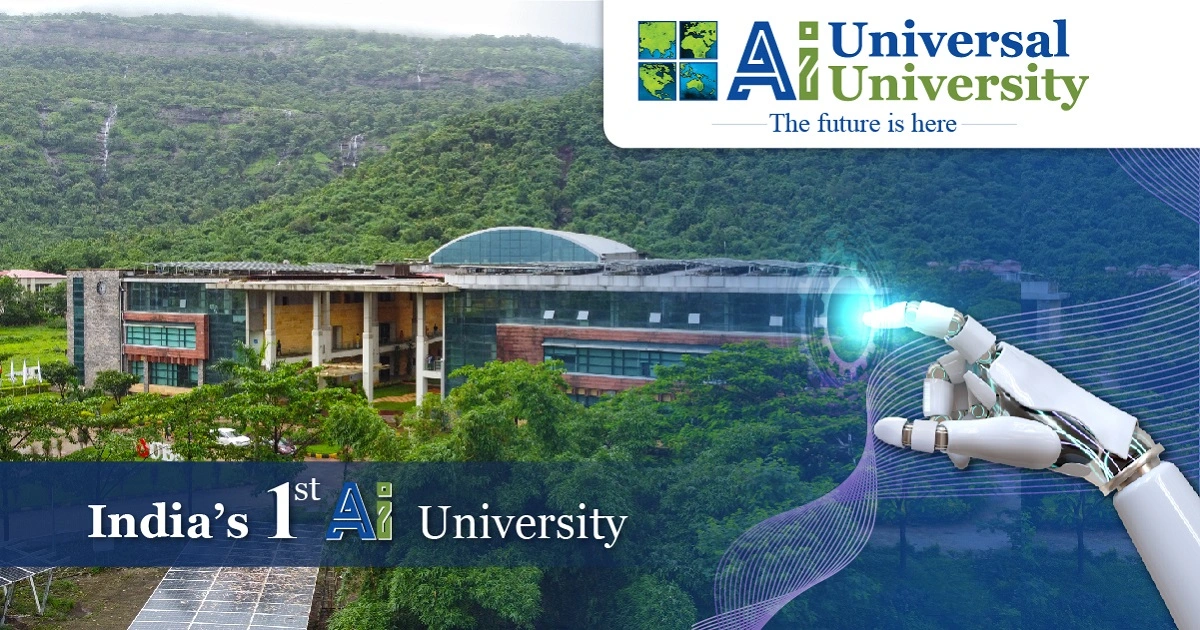Universal Business School’s Unique 3E Model: Ethics, Environment, and Experiential Learning
Universal Business School presently known as Universal AI University gained fame in its unique philosophy of learning that focuses on the 3E Model, which considers Ethics, Environment, and Experiential Learning. This new model is part of the vision of Universal Business School to build up responsible leaders who would be capable of managing challenges of the contemporary business world as well as building sustainability and social responsibility.
Ethics: Building Responsible Leadership
Universal Business School ethical values are a pillar of this institution, and they are intricately taught in the curriculum to raise business leaders of tomorrow, who have values concerning integrity and corporate governance. The school recognises that the contemporary business environment is complex and requires more ethical leaders and is sensitive to instilling sensitivity to corporate governance, service to community and social responsibility. Such specialized modules featured in the programs are Management of Self, Leadership Development and SMART projects which dwell upon causes and responsibilities in society. This moral foundation provides the graduates with the ethics of being competent professionals and also responsible citizens whose concerns are to have positive views on the society.
Environment: Committing to Sustainable Business Practices
The Universal Business School Maharashtra is the first green business school in India and incorporates the environmental sensitivity at campus level as well as the curriculum level. The education institution has integrated the green thinking in its academic curriculum in terms of courses on Green Finance, Green Marketing, Green Operation, and Green HR, and are in line with the United Nations Sustainable Development Goals (SDGs). Its environmentally-friendly campus has energy systems that are renewable in nature including a 355-kilowatt solar power system, rainwater harvesting system, and a large waste recycling scheme. These programs make UBS introduce awareness and practical knowledge regarding sustainable business to their students to make them capable of leading a sustainable economy.
Experiential Learning: Learning by Doing
The Universal Business School Mumbai curriculum consists of experiential learning comprising about 80% of the curriculum which entails hands-on and practical exposure between concept and practice. This method of teaching produces creativity, critical thinking and risk taking since students are asked to become involved heavily in projects, internships, live case studies and industrial partnerships. Working on sustainable projects and community programs, students can learn different leadership, teamwork, and problem-solving skills. The experiential learning setting gears students to be prepared in confidently addressing the business challenge in order to have innovative and accountable solutions.
A Model for Future-Ready Education
The 3E Model made by Universal Business School Karjat targets the most important problems of the contemporary business environment of ethical deficits and environmental awareness, incorporating the elements into the school curricula. School vision is to produce the global leaders with the hassle of profitability and accountability in the ethical responsibility and environmental stewardship. This holistic education with a faculty that is rich in its international experience together with a vast international network makes UBS a forerunner in the context of the business education industry in India.
Universal Business School has integrated ethics, environment and experiential learning so as to provide students with an exclusive, transformative education that not only improves their career chances but also equips them to generate sustainable value to society and among other things, the world.

Comments
Post a Comment